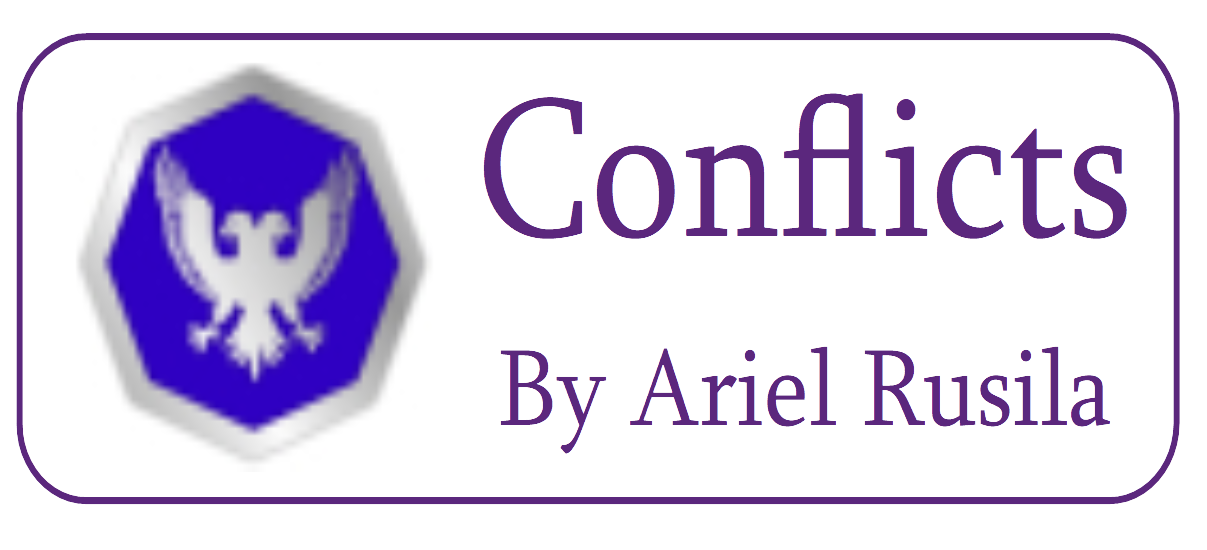September 25th I saw three headlines in international press regarding the independence question of Kosovo province.
- The most important forum now going on is the UN General Assembly where Serbia’s initiative to ask the International Court of Justice its opinion on the legality of Kosovo’s unilaterally proclaimed independence is now under discussion. An ICJ advisory opinion would provide politically neutral, yet judicially authoritative guidance, to many countries still deliberating on how to approach Kosovo’s UDI in line with international law. Like predicted before Kosovo UDI has already motivated separatist movements in South America, Caucasus an Asia and forecast is more to come.
- Second news came from Swiss government which has informed Kosovo that its newly appointed representative Mr Naim Mala is not preferred” as Kosovo’s charge d’affaires in Bern. Mala was among the first ten diplomatic envoys appointed by President Fatmir Sejdiu to mainly Western capitals that recognized Kosovo’s independence from Serbia after it was unilaterally proclaimed in February. Mala was politically engaged among Kosovo’s Albanian diaspora in Switzerland where he was in exile during the 1998-1999 conflict between ethnic Albanian guerrillas and Serbian armed forces. According to Kosovo media reports, his diplomatic appointment was refused by Bern because he had a police record in Switzerland.
- Third news came from Poland, where Poland’s President has reversed decision to open an embassy in Kosovo and establish diplomatic relations at an ambassadorial level between the two. “I have my own competences to declare that I am not signing off the Polish ambassador in Kosovo,” Polish President, Lech Kaczynski said in New York. The Polish Government recognised Kosovo on February 26 2008, just days after the declaration of Kosovo’s independence from but Kaczynski opposed the government’s move. He asserted never to have hidden the fact that “the government move was a mistake.”
Already earlier on May 2008 President of the Czech Republic Vaclav Klaus is ‘ashamed’ of the decision of the right-centrist government to acknowledge the independence of Kosovo.
Today some 25 % of UN member-states has recognized Kosovo independence and 75 % not. As now seen also among those who made recognition some have internal dialogue if the decision was hesitated and if stabilisation of Balkans could have better possibilities after new talks and possible agreement between Belgrad and Pristina.












Unfortunately, the facts that support this point of view are selective and the conclusions dubious.
Most of Europe has recognized Kosova, and this should mean something to you, after all, Europe has the largest concentration of democratic and socially progressive nations anywhere on earth.
Having learned from its own experiences, Europe opted to recognize independence. The Albanians were oppressed in Jugoslavia, that is a simple fact that cannot be written off. Even under Tito’s relatively generous autonomy, there was still a tacit understanding that most funds from Belgrade were allocated first to favored republics and projects and then, whatever was left, was allocated to Kosovo. And what was left was quite minimal, allowing barely for the construction of shabby buildings in Prishtina, some mines and factories, and very little beyond that. No institutions of higher learning were funded, thus forcing any Albanians who wished to gain a better education to apply in Zagreb or Belgrade. And of course, they would have to study in Serbo-Croatian, not Albanian.
Even the categorization of Kosova as a province within Serbia, and not a republic within a united Jugoslavia, was part of an overall plan to ensure that the Albanians (a non-slavic people) would never have the option to vote to secede, though Croats, Slovenes, Bosniaks and Serbs (all Slavs) would always reserve the right to separate, or make unilateral decisions, if they wished.
In this sense then, we see that racism against Albanians was enshrined in the very founding documents of Jugoslavia.
Nevertheless, many years later, Albanians in Kosova did speak their own language and the language of the State and many friendships and bonds were made over the years. But in 1989, after Slobodan Milosevic came to power, he rescinded even the meager status of Autonomy within Serbia and began direct-rule from Belgrade.
A non-violent movement eventually developed to push for Republic status within Jugoslavia. This is how the current struggle began.
If we are to transcend this state of blocked energy, we must learn to sympathize with all parties, to some extent.
(Part I)
Unfortunately, the facts that support this point of view are selective and the conclusions dubious.
Most of Europe has recognized Kosova, and this should mean something to you, after all, Europe has the largest concentration of democratic and socially progressive nations anywhere on earth.
Having learned from its own experiences, Europe opted to recognize independence. The Albanians were oppressed in Jugoslavia, that is a simple fact that cannot be written off. Even under Tito’s relatively generous autonomy, there was still a tacit understanding that most funds from Belgrade were allocated first to favored republics and projects and then, whatever was left, was allocated to Kosovo. And what was left was quite minimal, allowing barely for the construction of shabby buildings in Prishtina, some mines and factories, and very little beyond that. No institutions of higher learning were funded, thus forcing any Albanians who wished to gain a better education to apply in Zagreb or Belgrade. And of course, they would have to study in Serbo-Croatian, not Albanian.
UN Court Rules for Kosovo, but the ruling is nonbinding. This could be a problem, though UN membership could make the court’s ruling binding.
On what the UN could do, see: http://euandus3.wordpress.com/2010/07/22/1000/